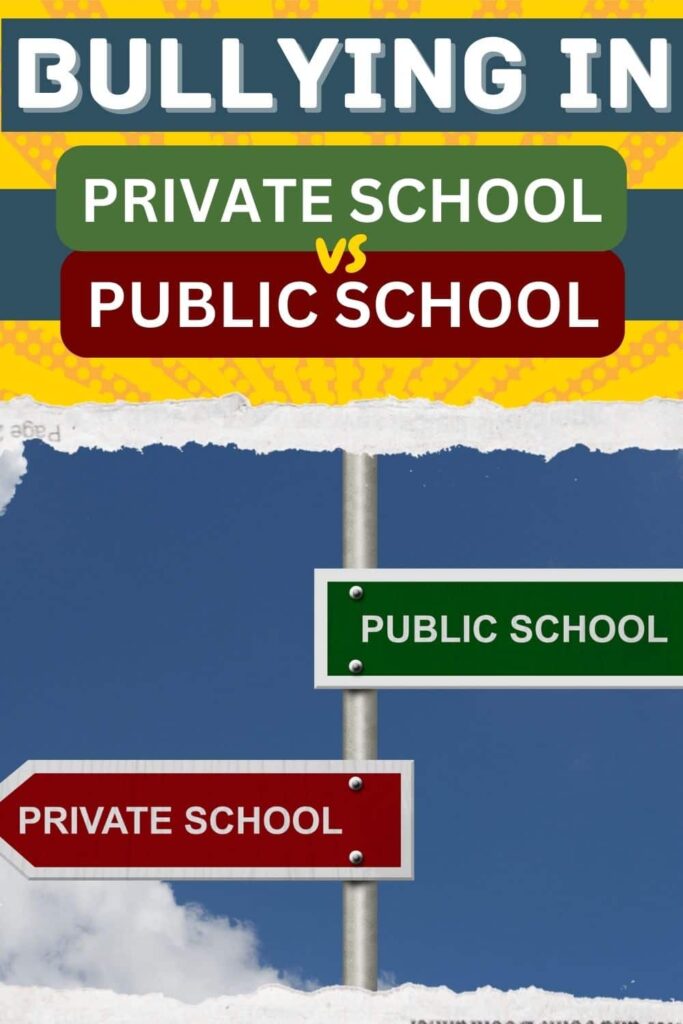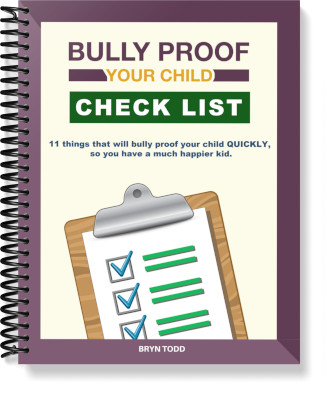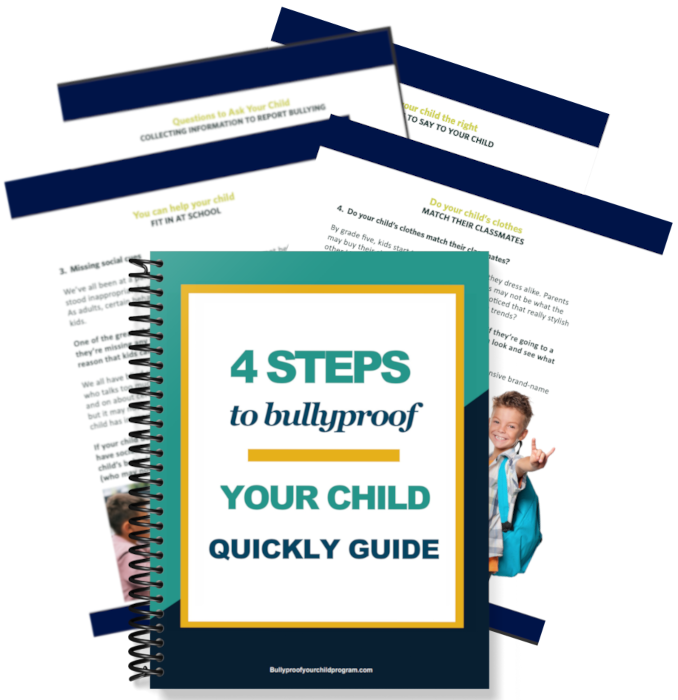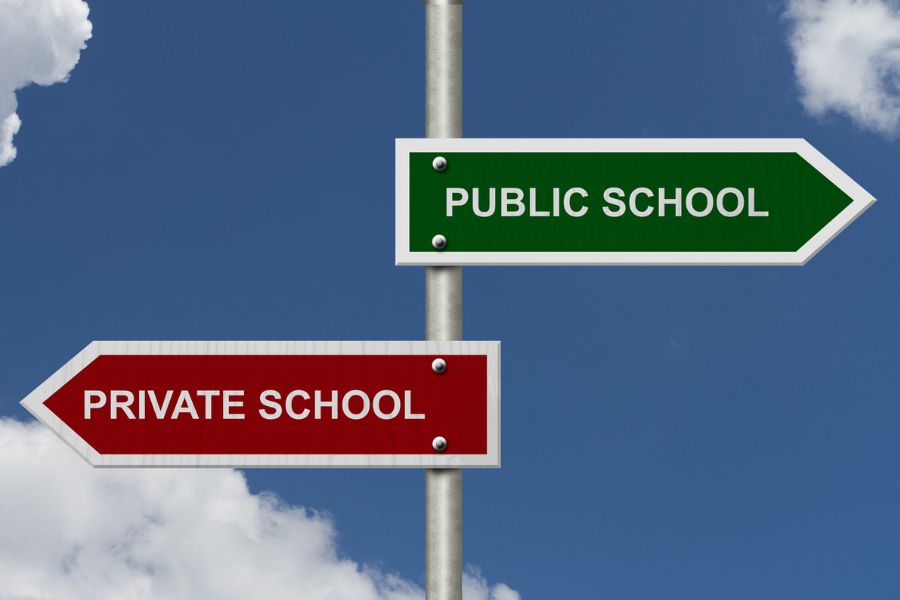
Bullying can happen in both public and private schools. While private schools may have a reputation for being more exclusive and therefore less prone to bullying, the reality is that bullying can happen anywhere. It’s important for parents and educators to be vigilant and take action to prevent and address bullying, no matter where it occurs.
Definition of Bullying
Bullying is behavior that is aggressive with the intent to intimidate or harm a child who may be vulnerable. There are many forms of bullying including, social, psychological, verbal, and physical abuse. Bullying can be a one-time incident or ongoing and can happen in person at school or via social media.
Types of Bullying
Bullying can occur in many different ways, including:
- Verbal bullying: In elementary school verbal bullying usually involves teasing and making fun of another student’s physical appearance, athletic ability, or social status.
- Social bullying: This can involve turning kids against a targeted child, excluding a child from a friend group, or spreading rumors on social media to humiliate another child.
- Cyberbullying: This involves using social media apps to scare and intimidate another child. Elementary school kids may share embarrassing photos or videos of the targeted child with classmates or in some cases the entire school.
- Physical bullying: Involves playground fights, shoving, hitting, and physical aggression towards another student at the school.
Bullying is a terrifying experience for a child and can have serious consequences. It is imperative that schools take immediate action and address bullying.
Bullying in Public Schools
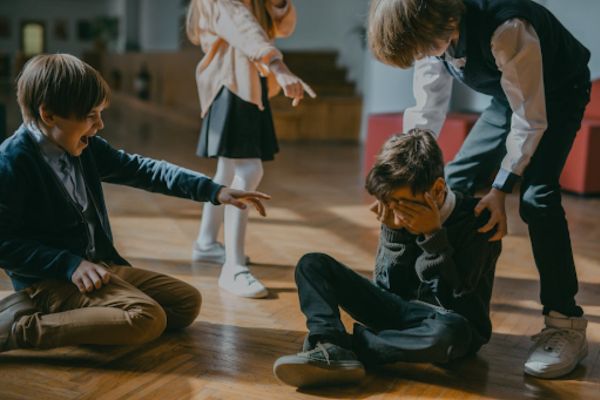
In the US, bullying in public schools affects many students. According to US statistics 1 in 5 students have experienced bullying at school within the last year.
Prevention Strategies
To prevent bullying in public schools administrators try to implement a variety of strategies to protect children. Most schools have a policy on their website stating that students must abide by treating others with kindness, respect, and inclusion. Schools teach classes on bullying and bring in speakers to bring awareness to bullying.
There are also established policies and procedures for parents to report bullying to the school. Once a parent reports bullying, the school will investigate what happened and take the necessary actions to get it to stop.
When a parent reports bullying at the school, the principal won’t just take your word for it. The administration will validate what happened with other students at the school and then carry out the necessary disciplinary actions. Discipline should be assigned according to the severity of what happened according to the school policy.
Some schools may provide resources for kids who have experienced bullying in the form of support groups, counseling, and some new skills to help students develop resilience. The goal is to create a safe and inclusive learning environment.
Bullying in Private Schools
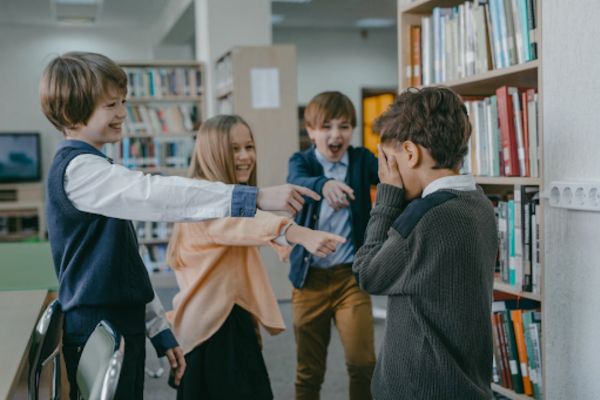
Prevalence
Bullying happens in private schools as well as public schools. The National Center for Education Statistics states that private schools do have a lower rate of bullying than public schools.
Parents have found that some private schools are better than others at addressing bullying. A mother moved her child out of a Catholic private school to a public school because the school did nothing to address a bullying problem after she reported it several times.
Families have also reported that some schools that have received large donations from parents offer preferential treatment to some students even if bullying has taken place.
When parents are paying for their child’s education, they expect a certain standard of education and safety at their child’s school. One mother shared, “Why would I pay good money for my child to be picked on and treated poorly?”
Impact
Bullying can have a significant impact on the mental health and academic performance of students. Victims of bullying may experience anxiety, depression, and low self-esteem. They may also have trouble concentrating in class, leading to poor academic performance. Bullying can also lead to physical harm, such as injuries sustained from fights or assaults.
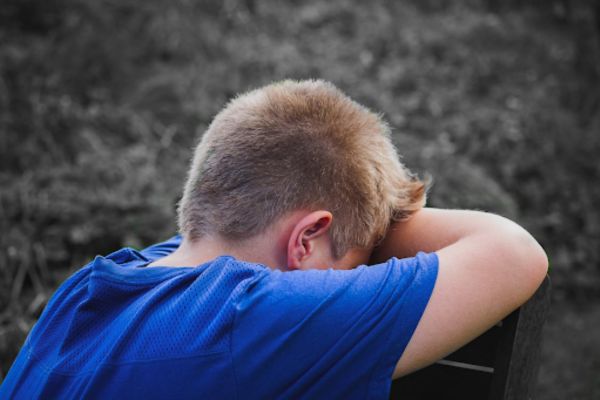
Prevention Strategies
Private schools can implement various prevention strategies to address bullying. One effective strategy is to establish clear policies and procedures for reporting and addressing incidents of bullying. Private schools can also provide education and training for students, teachers, and parents on how to recognize and respond to bullying. Additionally, private schools can create a positive school culture that promotes respect, kindness, and inclusivity.
In conclusion, while private schools may have a lower rate of bullying than public schools, it is still a significant issue that needs to be addressed. Private schools can take proactive steps to prevent and address bullying through the implementation of clear policies, education, and training, and by creating a positive school culture that promotes respect and inclusivity.
More posts you might like
- What nobody ever tells parents about bullying
- 7 Ways to boost your child’s confidence quickly
- Why parents need to be an advocate for their bullied child
Comparative Analysis
Bullying Rates
Studies have found that there is more physical bullying in public schools than in private schools. Although, the research clearly states that bullying is a problem at both types of schools.
Prevention Measures
Bullying happens in both public and private schools and parents really need to be their child’s advocate no matter where it occurs.
If the school is not taking action after you have reported bullying to the school several times, you may wish to remove your child from the school after a certain period of time.
Many parents have removed their children from private and public schools and signed up for a new option of online schooling through structured online schools. Online schools allow parents more control and peace of mind that their child is safer physically and psychologically than the school system.
To stop bullying successfully in schools we need teachers and school administrators to create a safe learning environment for kids.
Preventing bullying in schools is a complex issue that requires a multi-pronged approach. Parents, teachers, and school administrators all have a role to play in creating a safe and supportive learning environment. In both private and public schools, prevention measures may include:
- Educating students, teachers, and parents about bullying and its effects
- Encouraging students to report bullying incidents to teachers or other adults
- Establishing clear consequences for bullying behavior
- Providing counseling and support for students who have been bullied or who engage in bullying behavior
- Encouraging positive behavior and respectful communication among students
Private schools may have more flexibility in implementing prevention measures, as they are not subject to the same regulations as public schools. However, both types of schools are responsible for ensuring the safety and well-being of their students.
The Impact of Bullying on Students
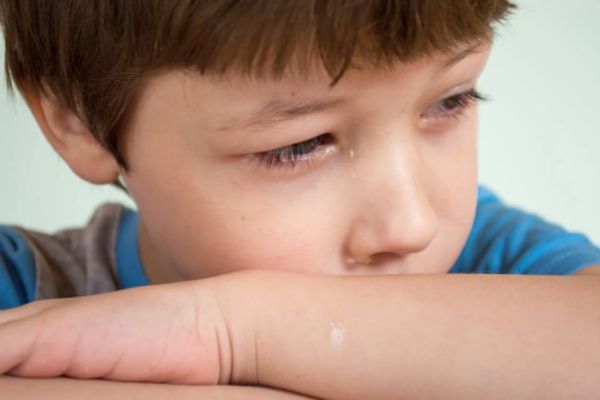
Bullying can affect your child’s mental health and general well-being. If your child is being bullied, it is imperative that you become your child’s advocate and help sort out the issue whether they are attending either public or private school. Get your child to a safe learning environment where your child feels safe and supported.
